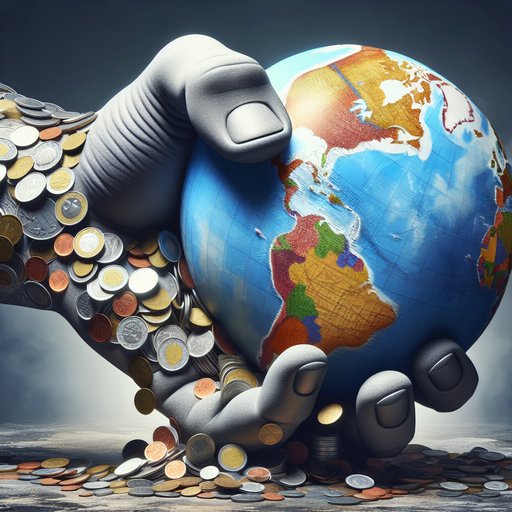
Few things are more predictable in international relations than a super-power brandishing its economic heft to bend smaller nations to its will. From Franklin Roosevelt’s “arsenal of democracy” to the Reagan-era semiconductor fights with Japan, Washington has long treated tariffs and market access as levers of diplomacy. In that sense, what we are witnessing today is depressingly normal: the president of the United States threatening punitive duties unless foreign leaders change course on issues that have little to do with customs schedules and everything to do with domestic politics. White House
The latest tranche of tariff letters—22 in a single week—takes that practice to new extremes. One missive warns Brazil of a 50 percent levy unless President Lula da Silva halts the corruption trial of Jair Bolsonaro, a case entirely internal to Brazil’s democratic institutions. KTVZ Another batch went to fourteen Asian governments, landing “with shock, frustration and anger” in capitals from Seoul to Kuala Lumpur. Politico Even the White House’s own fact-sheet concedes that some countries face higher rates not because of trade imbalances but because they have failed to meet Washington’s wider strategic wishes. White House
This is not an isolated tactic. Earlier this year Colombia was told its exports would face 25-to-50 percent duties unless it took back U.S. deportees—an unmistakable attempt to coerce immigration policy with an economic bludgeon. KTVZMarkets have begun to price in the political risk: Brazil’s real fell nearly 3 percent on July 10 after the 50 percent threat, a reminder that entire national economies can be rattled at a presidential whim. Reuters
Call it leverage, call it “reciprocity,” but let us be honest: when a leader wields tariffs to dictate another nation’s judicial proceedings or social policies, the practice crosses the line from hard-nosed negotiation into outright extortion. That such behavior has become routine—normal, in the president’s own framing—should alarm anyone who still believes in a rules-based order. Normality does not make it legitimate; decades of speeding on the autobahn do not abolish the speed limit.
The international community has tools to push back. The UN Charter bars “the threat or use of force against the territorial integrity or political independence of any state”; economic coercion aimed at disrupting a lawful criminal trial arguably strains that principle. The International Court of Justice has adjudicated trade disputes with political overtones before; the International Criminal Court, while focused on individuals, has opened preliminary probes into economic crimes that facilitate human-rights abuses. None of these bodies will act overnight—but silence is complicity. Concerted diplomatic pressure, General Assembly resolutions, or even an advisory opinion from the ICJ would signal that tariff blackmail is not simply another instrument in the diplomatic toolkit.
Skeptics will scoff: “Great-power politics is a contact sport.” Yet norms change precisely when enough voices refuse to accept the old ones. A century ago imperial gunboats were “business as usual.” Today they are pariah acts. Economic blackmail deserves a similar fate. It may be common, but it should never again be called normal—and it certainly should no longer be tolerated.
























